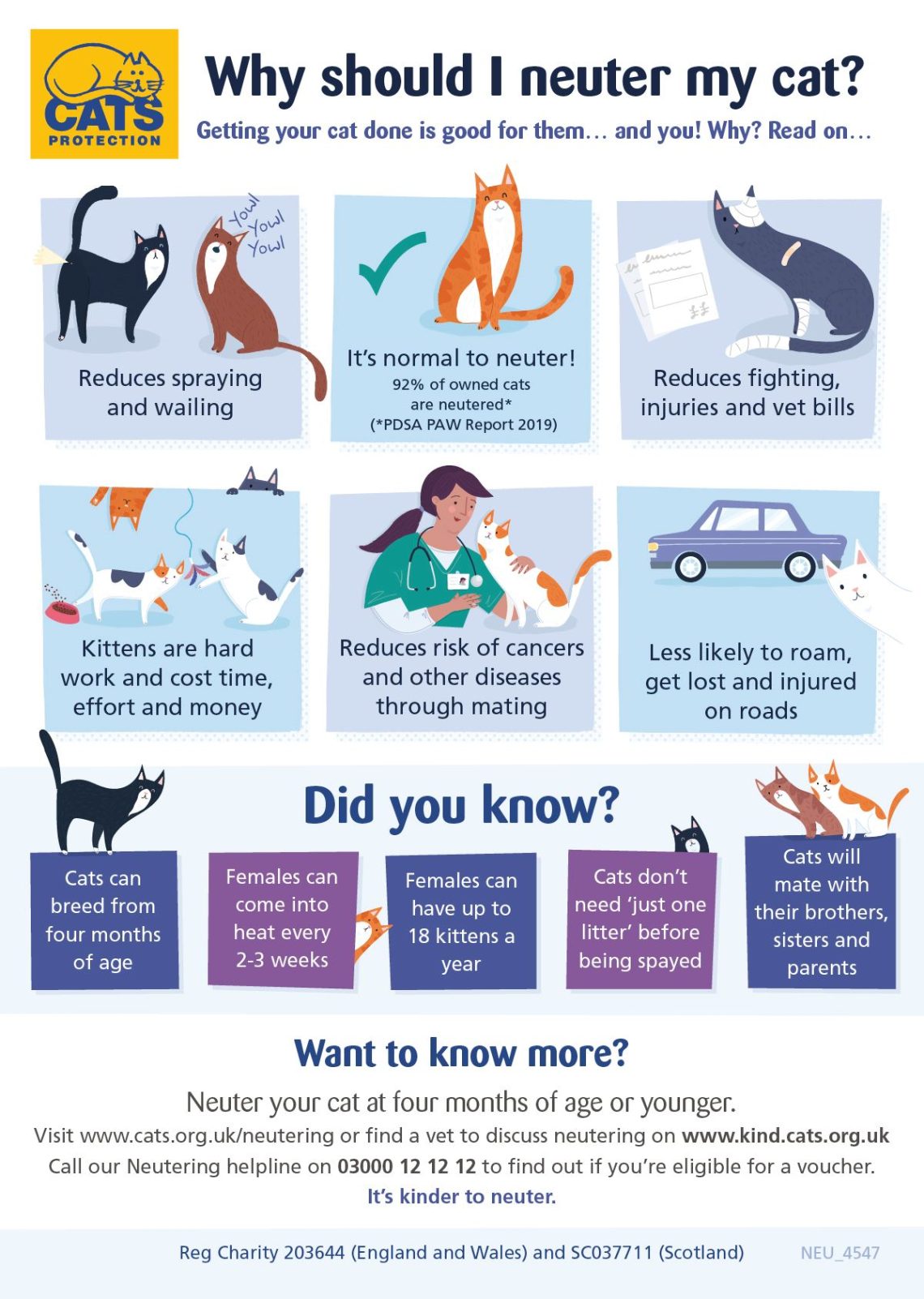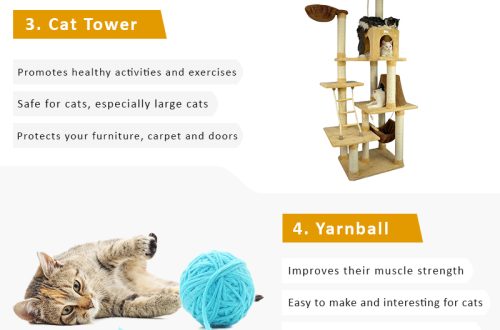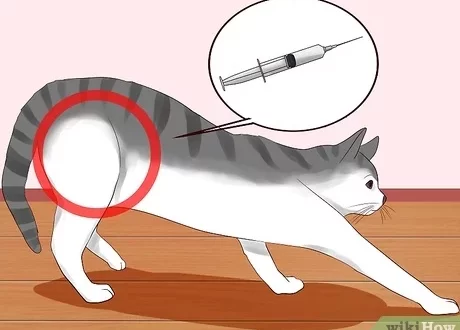
Why and at what age cats and kittens are castrated
One of the most popular questions asked by veterinarians concerns castration. This creates some confusion with the terms. Castration is a procedure that is performed on males, and sterilization is performed on females. The term “castration” is also used to describe the procedure performed on animals of both sexes. Most often, people ask: “When should I castrate a cat?” and “Will castration be of any benefit?”.
Why are cats castrated
Any surgery comes with some risk, so it’s natural for owners to worry about having their pet have surgery that isn’t necessary. In males, castration means the removal of both testicles, while in females, the removal of the ovaries and sometimes the uterus, depending on the decision of the veterinarian. This entails not only the absence of offspring, but also the cessation of the production of the corresponding hormones. Both provide benefits for both cats and their owners.
Cats are by nature solitary pets that prefer to live without other cats. However, if they are not neutered, both sexes will seek mating partners. Unneutered cats tend to be more aggressive towards humans and other cats, and are more likely to mark their territory and roam. This will definitely not please the owners.
Because cats are more likely to fight than cats, they are at higher risk for some serious diseases. Among them is feline AIDS (FIV), wounds that can lead to nasty abscesses that often require a visit to the veterinarian. Due to more active roaming, unneutered cats are at an increased risk of being hit by a car.
Cats also benefit from castration. Several times a year, the cat will go into heat, except during pregnancy. During these periods, she behaves as if she is in pain, writhing on the floor and howling. In fact, this is exactly how pets behave during estrus. This howl is called “call of the cat” and can be very dramatic and loud.
Castration, that is, the removal of the ovaries, completely eliminates this problem. An old belief says that a cat must have at least one litter. This is completely untrue. Pregnancy and childbirth carry risks for both the mother cat and her kittens.
For female pets, this procedure also provides health benefits. Neutered cats are less likely to develop breast cancer, as well as pyometra, a serious uterine infection that can be life-threatening.
When to castrate a kitten
It used to be thought that cats should be neutered at six months of age, but that has changed in recent years. Since most pets reach puberty at about four months of age, owners may experience unwanted pregnancies. The current general recommendation is to castrate a kitten at four months of age. Of course, these general recommendations may vary slightly depending on the country of residence, so it is always best to consult with the specialists of the veterinary clinic and follow their advice. And remember that it is never too late to castrate a cat.
After castration, a cat’s metabolism may slow down, making it more prone to weight gain. A veterinarian will tell you how to feed a neutered cat to prevent this problem. It is very important not to change the food without consulting your veterinarian.
I have had several cats over the years and have never questioned the need to neuter them. I believe the benefits of this operation far outweigh the risks, both from a pet and owner perspective. In addition, it is important to remember that there are many homeless animals in the world, and cats can be very prolific. There is a high chance that kittens from an unplanned litter will suffer if they do not find a home. As a veterinarian and owner of a once abandoned cross-eyed cat named Stella, I highly recommend neutering cats or kittens.
For more on the benefits of neutering, how to help your pet go through the procedure and what changes you can see after it, see another article. You can also read materials about castration of dogs.





